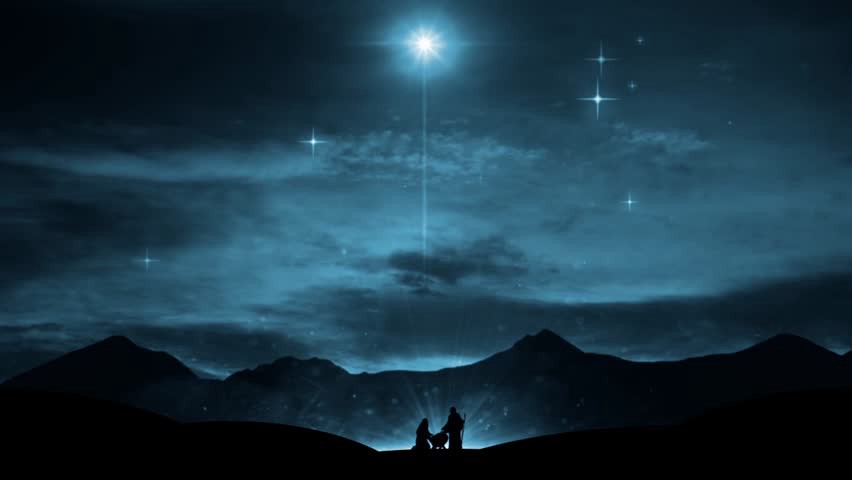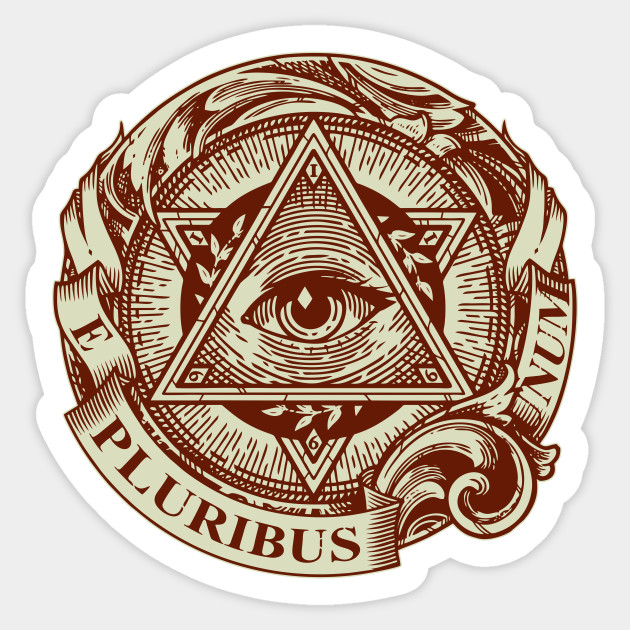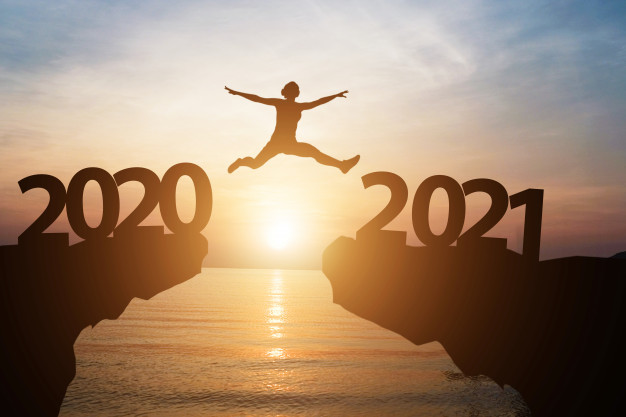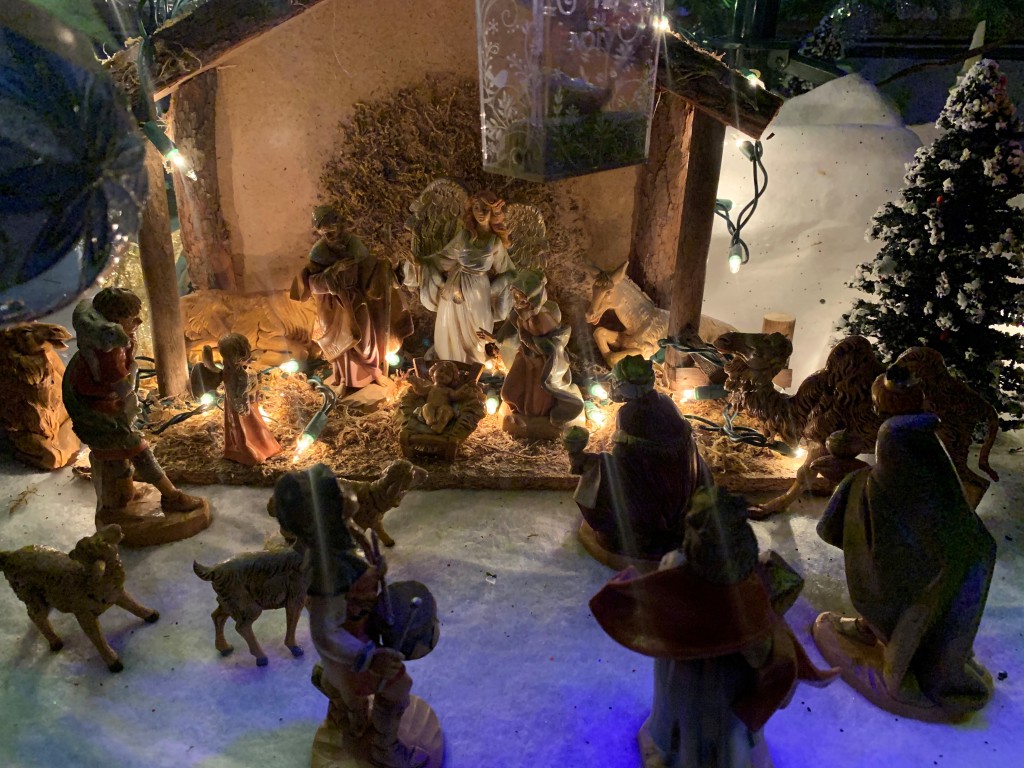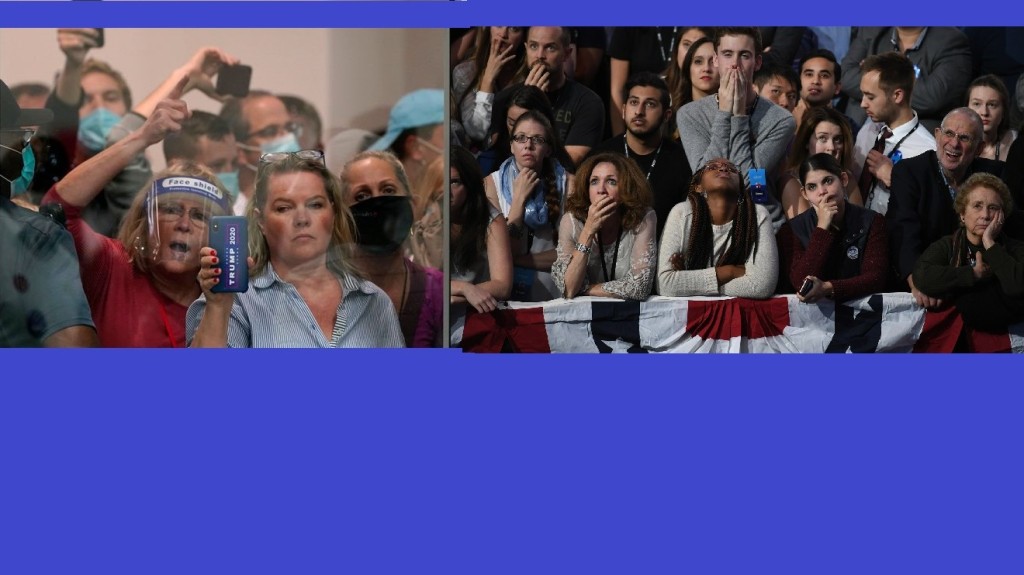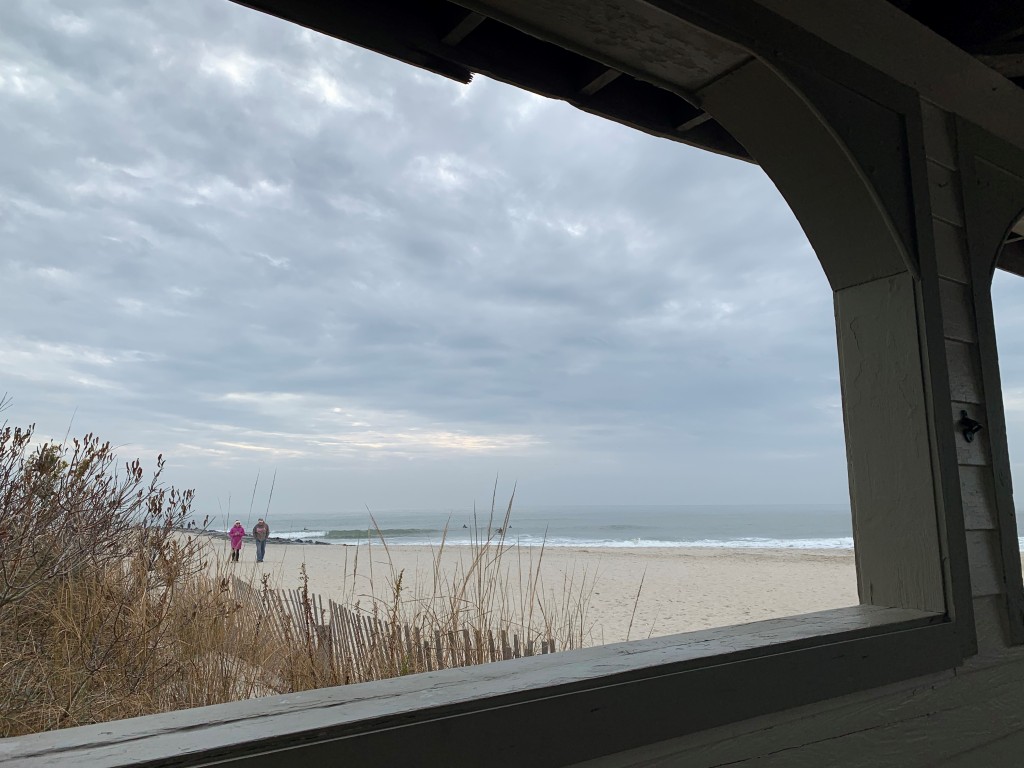
I’m sitting here, as I so often have on New Year’s Eve, glancing out at the ocean. It’s been my place to be as calendar pages flip from one year to the next. There’s been something very healing about having a place to step away to in order to reflect back while planning for a new year. For me, there’s been no better place than the ocean, spending countless hours simply listening to its roar while silencing the chatter within myself. The ocean, like none other, has a way of pulling me back into my own being.
It seems rather odd to even type those words, “pulling me back into my own being”. How does one even pull away from their being? I’m not totally convinced I have an answer to that fully, but I know it happens over time, to all of us. I, like so many reading, are pulled in so many different directions just over the course of a day, let alone a year. It’s easy to say we don’t let what others say or think bother us, but none of us are totally separate from the other. Life, it seems, is a constant tug of war between my own being and what others want and expect of me. It’s a continuous pursuit of learning to have faith and trusting myself.
If I look back through the window of 2021, I’m always fascinated by the countless memes and posts that speak of how awful the year was for so many. It too is simply the way we view our life circumstances. I’ve seen so many just in the past few days. Sure, circumstances impact the way we see. It’s easy to balk at something like Covid and the time of uncertainty which it has thrust us. However, if we simply turn an eye to it all, we miss the golden opportunities which it tries to present. It’s not to undermine the pain many suffer; I know of nearly a dozen people who are sick as I write these words. I’m grateful I am not one of them.
Its ruthless and relentless presence in our lives has exposed so much of who we are as people. It has shown just how selfish we can become when we’re pushed to beliefs about freedom, often at the expense of the common good. I’ll be the first to admit, I’m one to put others first more often than not. It’s a great gift and yet a struggle for me, accepting I am just as important and valuable as the next. This may be one of the most difficult lessons to learn especially when your life is about service and we’re conditioned to put others first all the time.
There have been very few things which can halt life than illness. I learned that not only with Covid, but whatever it was I had following my vaccine this year and yet none like the time when I had the flu and pneumonia at the same time. The body has a way of stopping us in our tracks. I’ll won’t forget the conversation I had with my spiritual director after leaving ministry. She obviously saw a train wreck coming before I did! As someone who counts on his ability to think, and think a lot, she said she knew it would finally be my body which stopped me. It was sickness which pushed me so far off the cliff there was no return.
When I began the year I themed it “year of possibility”. I must admit, I had no idea what that really meant. It was the first word which came to mind when I was working on goals. It seemed as if I had spent nearly half the year, as a thinker does, trying to figure it out and try to understand what it means rather than living and leaning into it. Looking back now it seems rather crazy. Yet, it was an experience I needed to push through for myself. It’s so easy to overthink, worry, fear. When you’re on time, though, you’re on time. Learning to let go and relinquish control over life, an illusion anyway, is one of the most challenging lessons.
In these few years, it’s been the one lesson I’ve returned to countless times; letting go. For me, it’s a pillar of faith. Learning to trust and lean into the unknown of life has broadened the space within myself, making room for whatever presents itself. You can have beliefs and practices, but in its truest form, faith is about trusting the unknown and allowing yourself to fall into it over and over again. It’s not to say it gets easier. I believe the leap is always a challenge. Having the right people around you, though, is imperative in taking that step. I’m grateful for the people who have entered into my life, just in the past year alone, who continue to push me to the edge and then jump.
When I was on a FrontRunner retreat back in July, while out on a ropes course, I literally took a “leap of faith”. It was the name of the jump. Jake, the young man working it, just let me by while friends around encouraged me. It was no issue getting up to the top, fifty feet above ground, it was then taking that leap. It seems from this moment forward in 2021, it was one leap after another, taking risk, and not worrying so much about the outcome nor becoming attached to it. It’s been about the process, the journey. I understand this better now. I live it. Faith means more to me today than ever but in a very unique and personal way.
No, I’ll never return to the box in which I lived for so many years. Once you exit, there is no return unless my life was to remain about fear rather than faith. It would certainly not be about love. Teaching philosophy this semester reminded me just how much we box ourselves in over the course of our young lives. It’s not until we’re aware of them that we can begin to break them down. Life was so confining before, and some elements still need to be broken, but the space to move and be free is undeniable. I understand freedom better now as well. It doesn’t mean doing whatever I want. It has much more to do with taking responsibility for my own life and the choices I make. I get that now.
As I stand on the threshold of another a year, a year in which I turn 50, it’s hard to imagine what lies ahead. It’s not to say this journey has been easy. At the same time, though, I wouldn’t want it any other way. I can look back without regret and certainly without any resentment. I can’t say that was always the case. It was regret and resentment which pushed me over the edge now nearly three years ago.
I’m not convinced life is meant to be easy. Choices can be really simple and not easy at the same time, especially when you are aware of the impact on others. Yet, in the end, you have you and if choices aren’t made with you in mind, they will often come back to haunt you in one way or another. No, it doesn’t mean being self-centered nor does it mean you do life alone. We remain interconnected as human beings. It does mean, though, you are valued and worth it and worthy of putting yourself first.
As we flip calendars, gazing through the window of another year ending, we must remind ourselves that life is often understood backwards and yet meant to be lived forward. The two are intertwined. It’s allowing our experiences to teach us valuable wisdom which we take into a new year. You can bitch all you want about what has unfolded. The bitching though is on you. It’s your reaction to the events of your own life. No one has power over your life other than you so live it to the fullest in which you desire!
Happy New Year!

